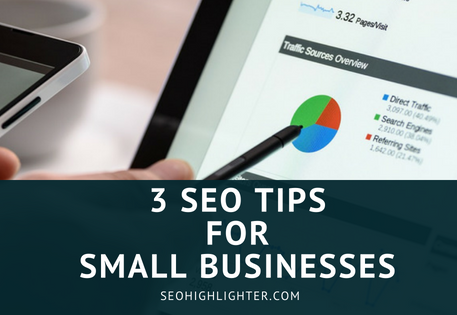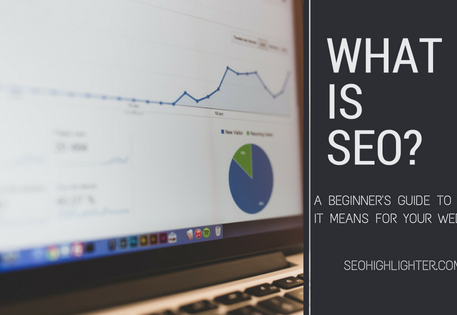3 SEO Tips for Small Businesses
SEO Tips for Small Businesses
With every passing year, SEO, or search engine optimization, becomes increasingly complex topic, and one that small businesses are often afraid to start talking about. However, while it does have some complexities to it, SEO is essential to the success of any small business looking to start attracting customers online. This short guide will introduce you to three easy SEO tips for small businesses.
Whether you want to scale your audience outside of your geographical borders or even if you’re just trying to reach the local market, SEO should be considered your best friend and most powerful tool.
These three easy key concepts will help you get started.
#1 Know Your Audience
Sounds simple, right? This is a piece of the puzzle that you have the least control over. And, if you want to drive traffic to your website, it’s a crucial component to figure out.
At the end of the day, Google doesn’t care about how many keywords you have stuffed into your articles. They want to know what your site is about so that they can send the right people over to it. Figure out who your audience is, and what they are looking for, so that you can write content tailored to them.

#2 Study the Competition
No matter who you are or what you’re doing, it’s always worthwhile to take a bit of time and look at what your competition is doing. What are they doing that’s getting them results? How can you implement those tactics in a sleeker and more effective way?
If you aren’t ranking well in a search engine, look at your competitors who rank for the keywords you are targeting. Take notes about their website, their content, their keyword density, and so on. They’ve already put in the effort to figure out what works, figure out how you can make those methods even better.
#3 Maintain A Blog
A blog is beneficial for multiple reasons. First and foremost, it gives you a place where you can post updates, announcements, and other important information that you want to share with your audience. Secondly, and probably more importantly, it’s crucial for improving your website’s rankings.
Blog posts are a fantastic source for high-quality keywords, and Google loves seeing websites with a blog that has a steady stream of new, relevant, and targeted content. Plus, blog posts can be made very shareable, which means social media can be used to get the word out about your blog and business.
Add a call-to-action to the end of each blog post and you’ll begin to build authority while also using your content as a subtle lead generation tool.
Here are some tried and tested examples that convert:
● Get newsletter signups: “If you liked these tips, don’t forget to subscribe to our newsletter for more!”
● Get leads calling in: “Want more advice? Call us today for a free consultation.”
● Get interested customers: “Looking for the best __________? Stop by our store or browse our inventory online to see what we have to offer.”
Get Going! Implement these SEO tips for small businesses. These SEO fundamentals aren’t that difficult to implement and they can make a substantial difference in your website’s rankings.



